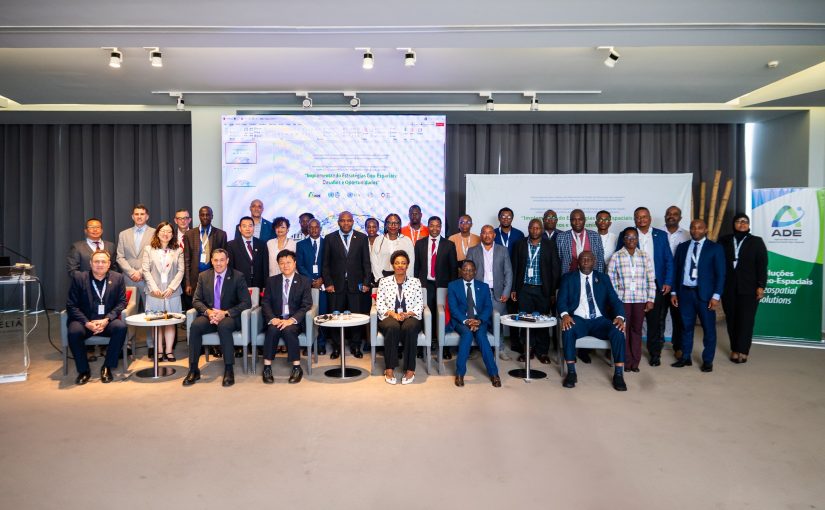Statement by IMF Deputy Managing Director Bo Li at the conclusion of a visit to Mozambique - ...
Mozambique: UN wants govt to use tech to help reduce natural disaster effects

Photo: Agência Nacional de Desenvolvimento Geo-Espacial-ADE
The United Nations has promised to advocate with the Mozambican government to include funding for geospatial technologies in the state budget, as they are important for reducing the impacts of natural disasters.
“We can advocate for United Nations member states to invest in these geospatial technologies (…), we have to continue to raise this issue at the political level so that the [Mozambican] government commits to funding through the state budget,” said the United Nations resident leader in Mozambique, Catherine Sozi.
Sozi was speaking in Maputo on Thursday , at the Regional Forum on Enhancing Geospatial Information Management Arrangements and Accelerating the Implementation of the Sustainable Development Development Goals ( SDGs).
Catherine Sozi argued that geospatial technologies are important and are a key factor in minimising the impacts of the natural disasters that have affected Mozambique, with greater incidence in recent years.
“This geospatial technology helps us to better understand the impact on people and to prevent this impact (…). In Africa, Mozambique is better at using these technologies, but we want it to do more and do it in a more efficient way,” added the United Nations resident leader in Mozambique.

Mozambique is in the middle of the rainy season, which runs from October to April. In addition to Chido, which hit the country on 14 December, there were also cyclones Dikeledi, on 13 January, and Jude, on 10 March, totalling around 150 deaths.
Cyclone Jude, the most recent to affect the country, entered Mozambique through the district of Mossuril, in Nampula province, causing at least 16 deaths, while also affecting Tete, Manica and Zambézia, in the centre, and Niassa and Cabo Delgado, in the north.
The latest update from the National Institute for Disaster Risk Management and Reduction (INGD) pointed to at least 384,877 affected.
Mozambique is considered one of the countries most severely affected by global climate change, facing cyclical floods and tropical cyclones during the rainy season, but also prolonged periods of severe drought.













Leave a Reply
Be the First to Comment!
You must be logged in to post a comment.
You must be logged in to post a comment.